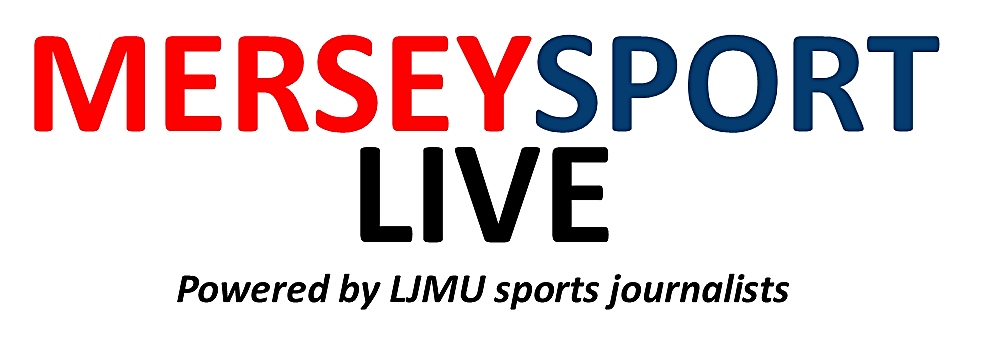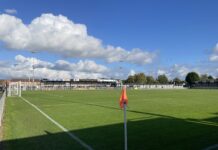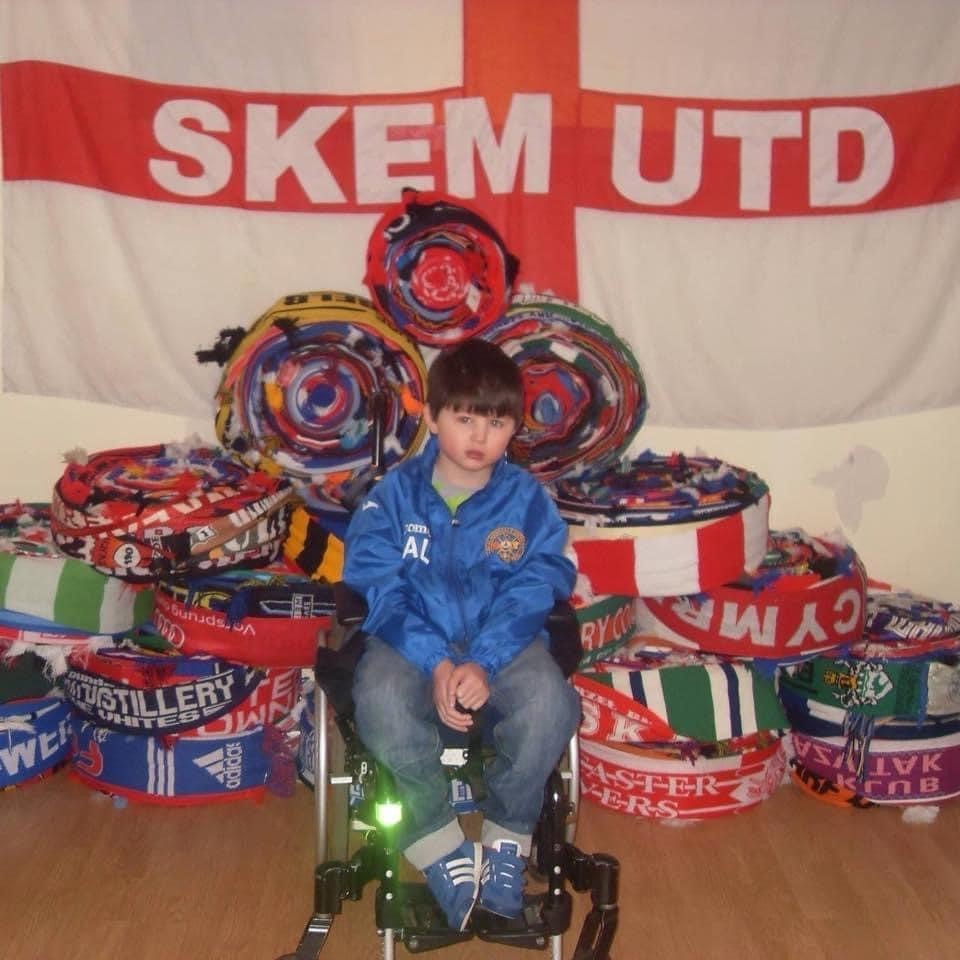Merseyside football clubs are promoting LGBTQ+ equality throughout February as part of a wider campaign.
They are supporting Football v Homophobia’s month of action – a global initiative that challenges discrimination based on gender and sexual orientation in football.
The campaign, which started in 2010, has the support of the FA and works across all levels of the game.
The lack of LGBTQ+ representation in men’s professional football has been a longstanding issue.
This week, Sparta Prague midfielder Jakub Jankto became only the second openly gay male player active in top-flight football.
Football v Homophobia’s work includes educational workshops in schools and for grassroots clubs.
February’s month of action coincides with LGBT History Month, and seeks to get more people involved in campaigning.
The organisation has been asking members of the football community to challenge homophobic attitudes and promote equality within the game.
More than 190 clubs and groups are signed up as Football v Homophobia ‘Champions’, and Merseyside has nine associated champions for 2023.
Among these are Everton’s LGBTQ+ supporters group Rainbow Toffees and St Helens Town AFC.
Both have dedicated fixtures in the month of action, with St Helens making their home match against FC Garston free entry to all to raise awareness for the campaign.
Mike Bagshaw, media manager at St Helens Town, told Merseysportlive why the club has a role in encouraging equality.
“St Helens Town AFC are the town’s club,” he said.
“We wear the town’s crest on our shirts, so we need to represent all of our community.”
Bagshaw also expressed his views on football’s difficulties with homophobia.
“I’ve been attending football matches at all levels for the last 30 years and I still hear blatant homophobic language, either shouted at players or the opposing supporters.
“Too many people think it’s ok to use this language still to this day.
“We have fortunately made some progression with racism in this country but homophobia seems to be lagging behind.
“Football is a global game and no person should feel excluded from it.”
The problem of homophobic chanting was evident when Merseyside Police arrested three men on suspicion of intentional homophobic harassment at Anfield during Liverpool’s game against Chelsea last month.
St Helens Town also educated its players with an LGBTQ+ training session, in anticipation of the month of action.
Many thanks to @STHK_Sexhealth for coming to discuss LGBTQ+ awareness with the 1st team. We have signed up with @FvHtweets and will be dedicating a February fixture to help raise awareness and make everyone in our community welcome at the club #FvH2023 #StHelensTogether #TownTeam pic.twitter.com/YfG8B0g5q9
— St Helens Town AFC (@sthelenstownfc) January 13, 2023
Bagshaw revealed the club will be part of St Helens Pride later in the year, emphasising the link between football and community.
“Football clubs were formed to serve the communities they’re in, so it makes sense to me to serve all our community.
“For myself and Town we believe strongly in helping the community on and off the pitch.”
Meanwhile, Rainbow Toffees has been a space for LGBTQ+ Evertonians for eight years, and Paul Hession says the group continues to grow in stature.
The group is a long-standing supporter of Football v Homophobia, with their logo visible on the group’s home shirt.
The Museum of Liverpool even asked for one of the jerseys, and Hession is proud to see it as part of their archive.
While the football talk is all about #engvsco today, we have something a little different to share. We’re delighted to have acquired this 🌈 strip for our collections. This colourful shirt is worn by Rainbow Toffees (EFC’s LGBTQ supporters group) #pride #PrideMonth pic.twitter.com/hTej1DsSpU
— Museum of Liverpool (@MuseumLiverpool) June 18, 2021
Hession also explained why fans coming together can make football a more inclusive sport.
“LGBTQ+ supporters groups like us are very important.
“We challenge any form of hate in the game, [working towards] eradicating prejudice in our club & the wider community.”
Football v Homophobia also allows people to get involved through its supporters scheme, which can be joined here.
(Featured pic credit to Football v Homophobia under Creative Commons licence)

















